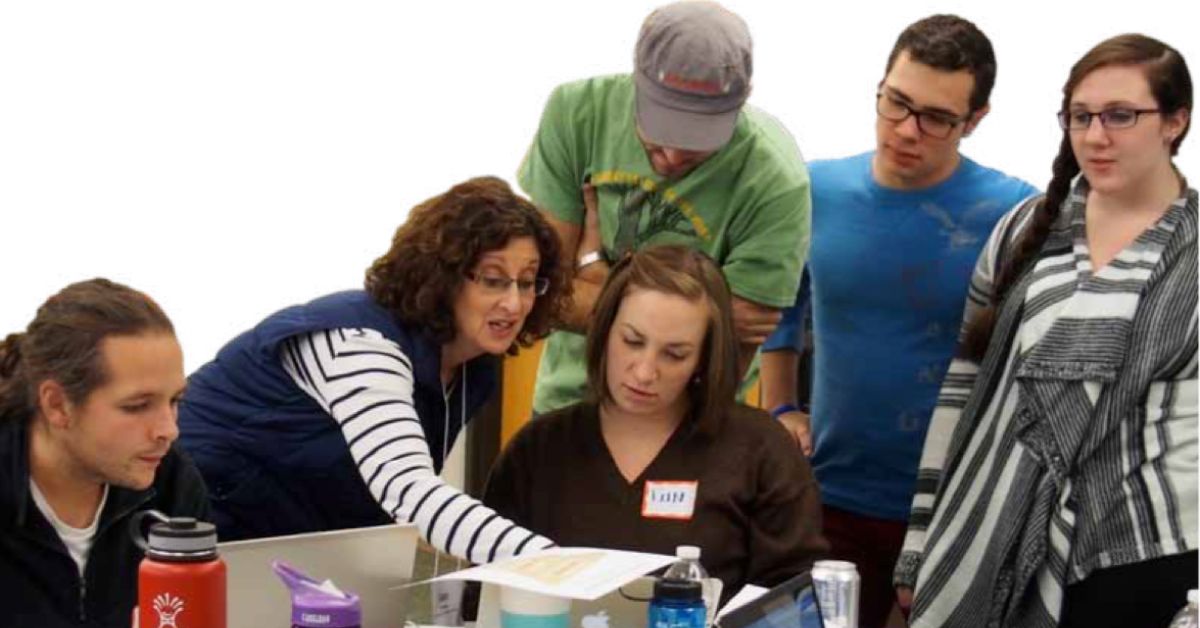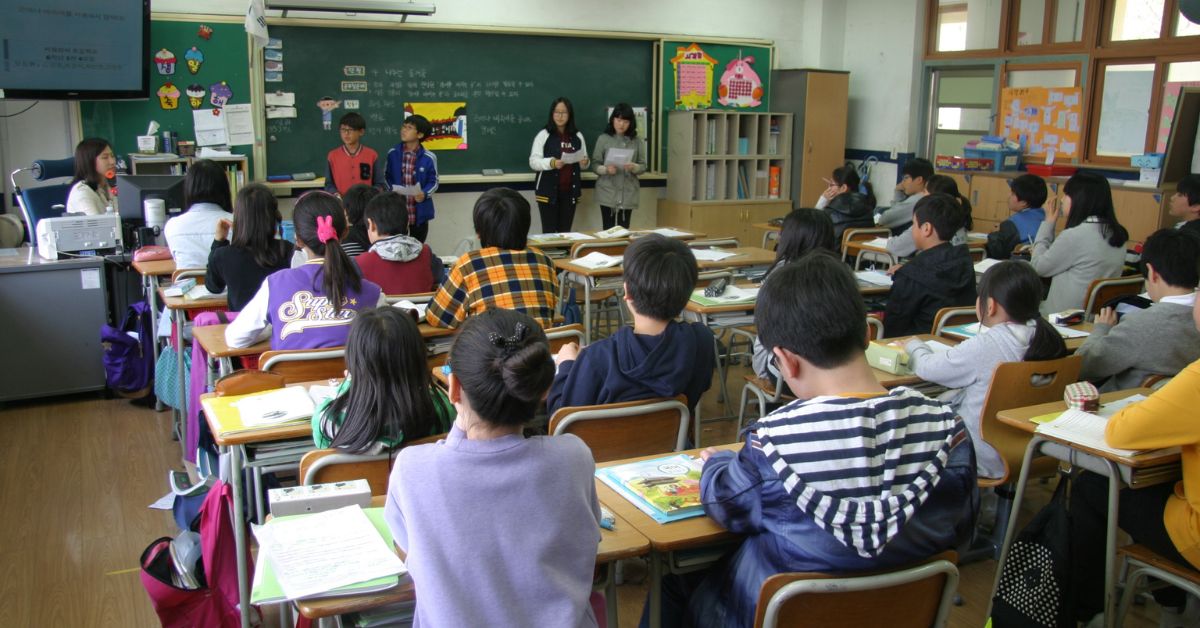Today’s students aren’t just sitting in classrooms — they’re helping to shape what those classrooms look like. In Vermont, more and more young people are speaking up and playing a real role in changing education.
From student councils to climate rallies, Vermont youth are sharing their ideas and opinions on how to make schools more fair, fun, and future-ready. Teachers, principals, and lawmakers are listening — and that’s making a big difference.
Why Student Voices Matter
Students know what works and what doesn’t in schools because they experience it every day. When adults listen to students, schools can:
- Create better learning environments
- Offer classes students care about
- Make school a more welcoming and respectful place
By speaking up, students help build schools that reflect their needs, dreams, and values.
How Vermont Encourages Student Voice
Vermont is one of the leading states when it comes to youth involvement in education. Here’s how they support student voices:
1. Student Advisory Groups
Many schools invite students to join decision-making teams. These groups talk about things like:
- School rules
- Mental health support
- Curriculum changes
- Equity and inclusion
2. Youth in School Boards
In some Vermont districts, students even sit on school boards, where they help vote on school policies.
3. Public Speaking and Town Halls
Students lead discussions at local events or speak at state-level meetings about topics like climate change, school funding, or student rights.
Real Changes from Student Input
Here are just a few ways Vermont students have shaped their schools:
- Mental Health Days: Some schools added mental health days to the calendar after students spoke about stress and burnout.
- Gender-Inclusive Restrooms: Students helped plan restrooms that are safe and comfortable for everyone.
- Flexible Learning Options: Students pushed for project-based learning and fewer tests, and schools listened.
- Climate Education: Youth climate leaders helped bring more environmental topics into science and social studies classes.
What Students Say
Many students feel proud and excited when they get the chance to be heard. They say things like:
“It feels good to know my ideas matter.”
“We’re not just kids — we’re part of the solution.”
“Speaking up gave me confidence to lead and help others.”
These experiences help students grow as leaders and make school more meaningful.
How Teachers and Leaders Respond
Educators across Vermont are working hard to support student voice. They:
- Ask for feedback regularly
- Include students in planning meetings
- Celebrate student-led ideas and projects
When students and adults work together, schools become stronger communities.
Youth-Led Projects Making a Big Impact
Some of the most powerful ideas in Vermont schools are coming straight from students. Examples include:
- Podcast series on teen mental health
- Student-led anti-racism workshops
- Peer mentoring programs
- School-wide kindness challenges
These projects show that students care deeply about their schools and are willing to lead change.
Why This Matters Beyond Vermont
The work being done in Vermont is inspiring students across the U.S. and even around the world. Youth are showing that they have the energy, ideas, and courage to shape the future of education — not just follow it.
When schools include student voices in real decisions, everyone wins.
Conclusion
In Vermont, students aren’t waiting to grow up to make a difference — they’re doing it now. By speaking up, leading projects, and working with teachers, they’re helping to build better schools for everyone.
Listening to youth voices is not just a trend — it’s the future of education. And Vermont is showing how it’s done.








